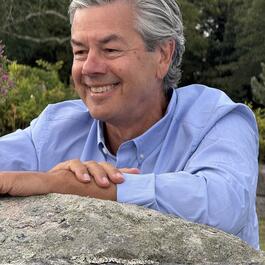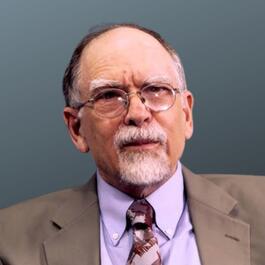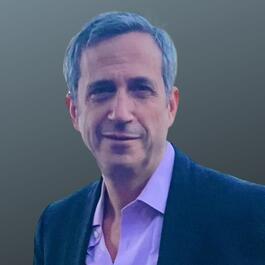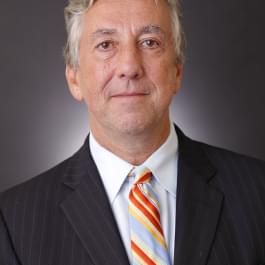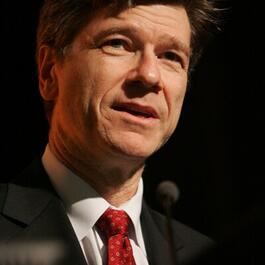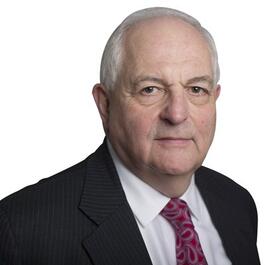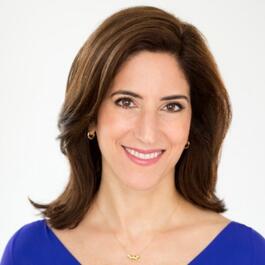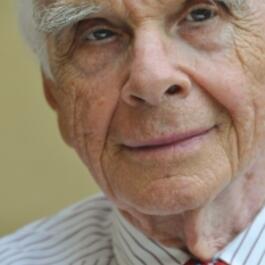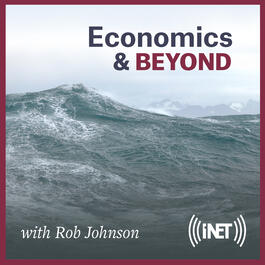
Economics & Beyond with Rob Johnson
Rob Johnson is not your average economist, and this is not your average economics podcast. Every week, Rob talks about economic and social issues with a guest who probably wasn’t on your Econ 101 reading list, from musicians to activists to rebel economists. A podcast of The Institute for New Economic Thinking (INET).
Show episodes
In this episode of Economics and Beyond, Rob Johnson and John Fullerton discuss his new book, Regenerative Economics which explores flaws in traditional economic thinking, and the need for a new framework that views the economy as a living system. They discuss the contradictions in financial theory, the role of chaos
Fred Block, Research Professor of Sociology at UC Davis, joins Rob Johnson to discuss his latest book, The Habitation Society, which explores the need to move beyond industrial-era economic models to create an economy that prioritizes community well-being. Block critiques how economic policies have fueled inequality
Rob Johnson hosts Lincoln Mitchell, Political Science Professor at Columbia University, in a compelling conversation about the increasingly powerful fascist movement in the US. Mitchell outlines the elements of fascism present in the MAGA movement, including its dependence on a strongman leader, the scapegoating of min
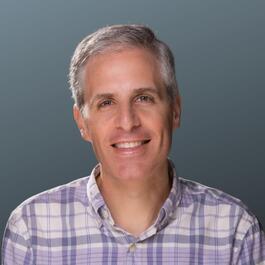
David Sirota: Money Talks - The Erosion of Democracy in the Age of Billionaire Influence
David Sirota joins Rob Johnson to examine the history and impact of money in U.S. politics, as explored in Sirota’s investigative podcast series, "Master Plan." Sirota discusses how a series of judicial rulings and policy changes since the 1970s enabled a system in which the voices of wealthy elites overshadow those of
Author and Distinguished Senior Fellow of the Democracy Collaborative, Marjorie Kelly, talks about her recently released book, Wealth Supremacy: How the Extractive Economy and the Biased Rules of Capitalism Drive Today’s Crises (Berrett-Kohler, September 2023), which also outlines a vision for democratizing the econ
